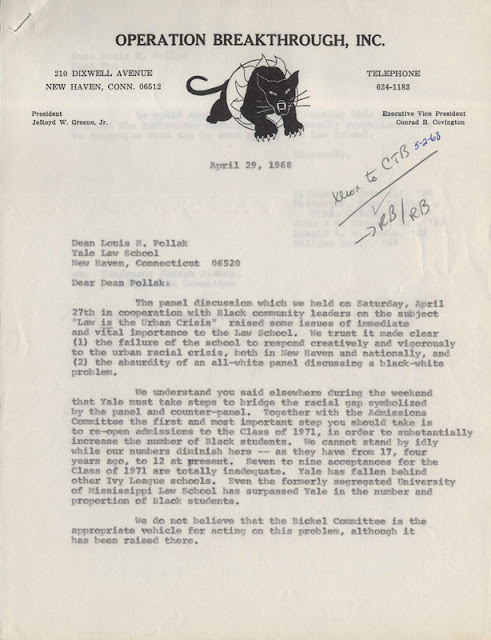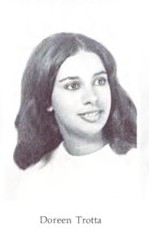The New Haven Board of Education

By Gabrielle Tunucci October 29 th , 2019: A New Haven Register article title reads: “Birks gets $175,000 payout in severance agreement.” According to the article, the recent severance of Carol Birks, the former Superintendent of Schools, is one of many controversies in the New Haven Board of Education’s search for a superintendent. New Haven residents had been attending Board of Education meetings since 2017 to express their outrage “for what they view as a rigged and un-transparent process.” A representative of the school board insisted that the search process was “transparent and included ample feedback from the community and stakeholders.” This event exemplifies citizens’ ongoing contentions with the Board of Education: its design as a political body. Since New Haven’s founding, education has been a cornerstone of the community. The Puritans who first colonized what is now the city of New Haven emphasized the importance of education. Although they were a religious group, P...







